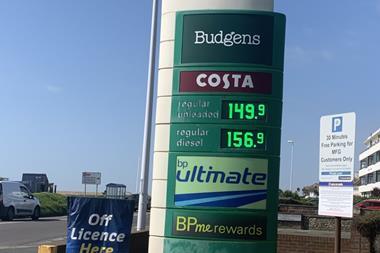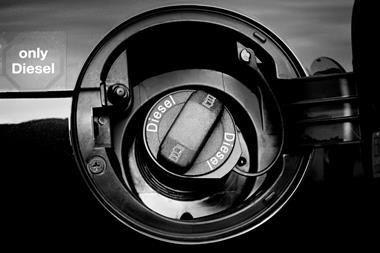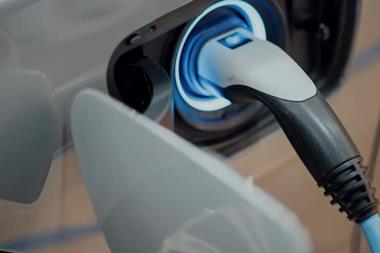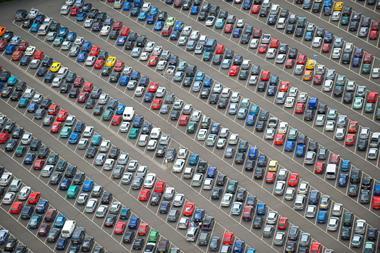The government will have to ban sales of petrol, diesel and hybrid vehicles by 2030 in order to meet its emission targets, according to a new report.
The Centre for Research into Energy Demand Solutions (CREDS), an academic consortium of more than 80 academics across the UK, warned that the Government’s current plan, banning sales of new diesel and petrol cars, but not hybrids, from 2040, would only result in a 61% reduction in emissions by 2050.
In the Department for Transport’s Road to Zero strategy, published in July 2018, it said its target was for almost every car and van to be zero emission by 2050, but CREDS said the inclusion of hybrid technologies could lock fossil fuel into the sector well beyond any target date.
In its conclusions CREDS said: “The trajectory for urgent CO2 savings requires phasing out all forms of conventionally fuelled ICE (internal combustion engine) and HEV (hybrid electric vehicle) cars and vans by 2030 and that net-zero (for tailpipe emissions) may only be achieved by also phasing out PHEVs (plug-in hybrid electric vehicles) by this date. The current wording of targets is at best muddled, but at worst leaves the door open for hybrid vehicles, and subsequent locking-in of a substantial amount of fossil-fuelled mileage during and beyond the target dates.
The report also calls for regulations to reduce the availability and sales of large cars. It states: “The stagnation in average CO2 emission values of new passenger cars in the UK in recent years has much to do with an upsurge in purchase of larger cars. Some of this trend is likely to be due to people choosing to apply the savings from greater energy efficiency to buy more comfortable, more reliable, or more prestigious vehicles which, being larger and heavier, use more energy than necessary for like-for-like journeys.
“The implication is that measures of energy efficiency which reduce costs can only be fully effective if they are combined with other measures to prevent or offset such countervailing processes. In this case, regulation of sales-weighted average new car carbon emissions is failing and needs to be redesigned to, once again, lock-in the net benefits of this policy. This could potentially involve regulating to phase out the largest vehicles or restrict their use to genuinely appropriate circumstances.”






























No comments yet